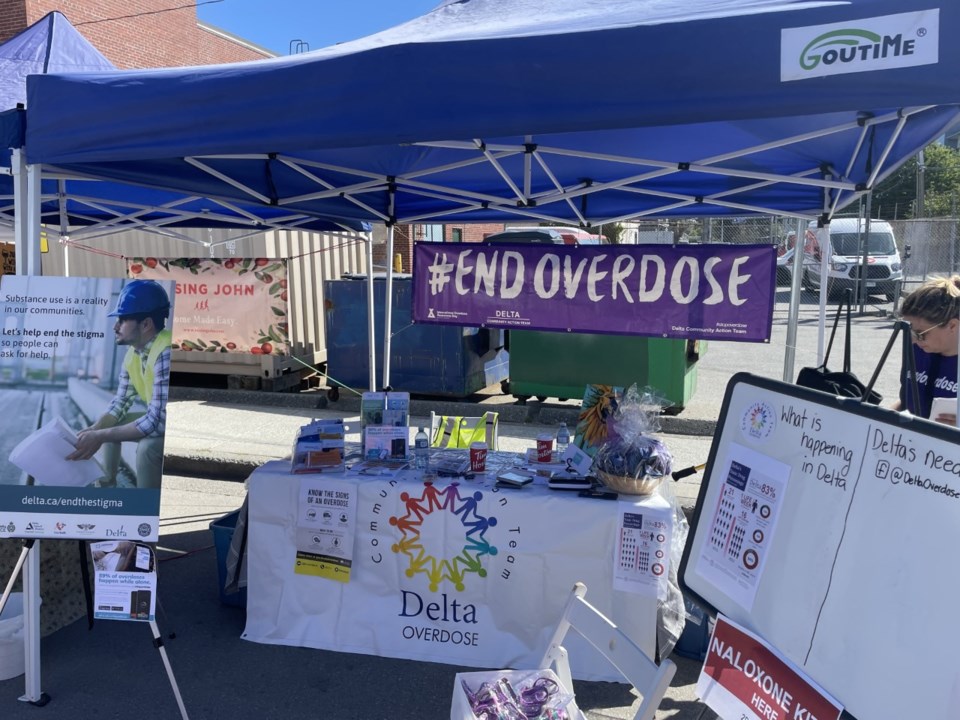With the goal to work with local leadership to improve community health and increase awareness surrounding the toxic overdose crisis, the Delta Overdose Community Action Team (DCAT) requested that mayor and councillor candidates in the BC General Elections, tell us their plans to address the toxic drug supply crisis and the issues at the root of the crisis.
DCAT asked the following questions to candidates on Oct. 6:
Illicit drug toxicity death rates in Delta have continually risen since 2019. Delta witnessed 12.6 deaths per 100,000 in 2019, 17.8 in 2020, 18.5 in 2021 and 25.9 from January to August of 2022. In May of 2022, Delta saw an 83 per cent increase in deaths related to substance use compared to 2021.
What is your understanding of Delta’s status in relation to the ongoing, increasingly deadly, toxic drug supply crisis? Please comment on any actions you have taken or your approach to address this public health emergency?
Cultural understandings and stigma of mental health and substance have deepened the impact of the overdose crisis for (some) racialized and marginalized communities.
How will your policy support the diverse population of Delta to address cultural understanding of substance use, stigma, mental health and other inequities that are at the root of this problem?
It is well demonstrated that harm reduction saves lives, and when accompanied by improved access to social services, improves health outcomes. However, Delta currently lacks many of these services, which include no access to witnessed consumption services, harm reduction distribution sites, advanced drug checking technologies, no shelters and while there are free counselling services, capacity is capped due to funding. Many residents are referred to surrounding cities for services they do not qualify for. There is also significant stigma towards those who use substances so that accessing the services that are needed are often met with only abstinence solutions.
How will you decrease stigma and increase community support for increased access to harm reduction services within the municipality of Delta?
For more information see: DeltaOverdose.ca, Facebook @DeltaCommunityActionTeam or DeltaCATeam@outlook.com.
To see the candidates responses go to: www.deltaoverdose.ca/events.

